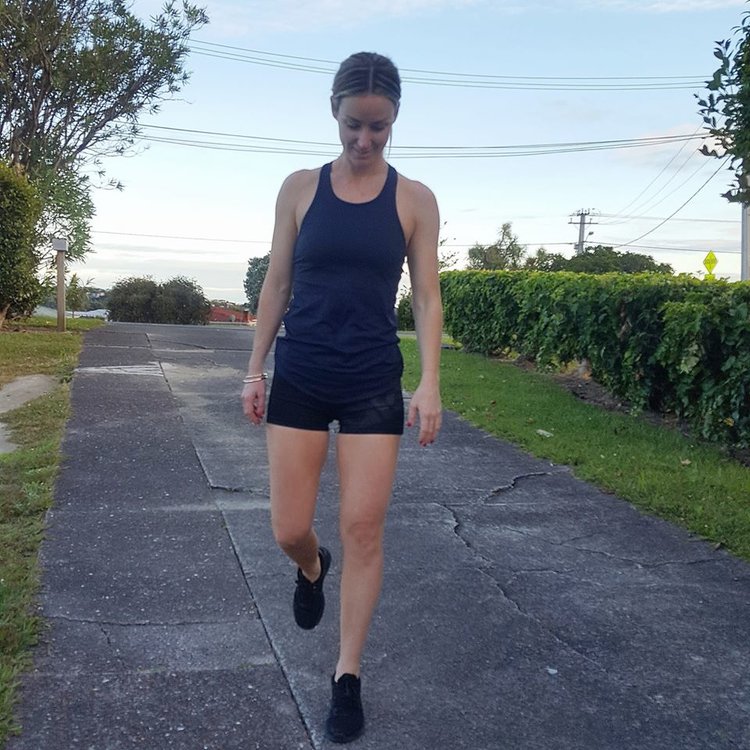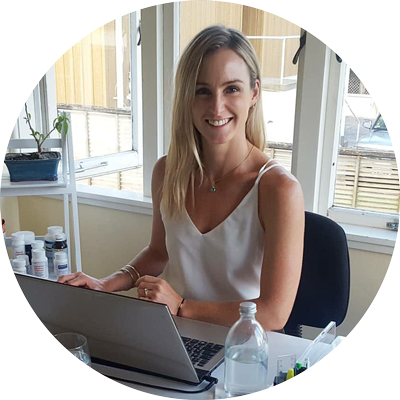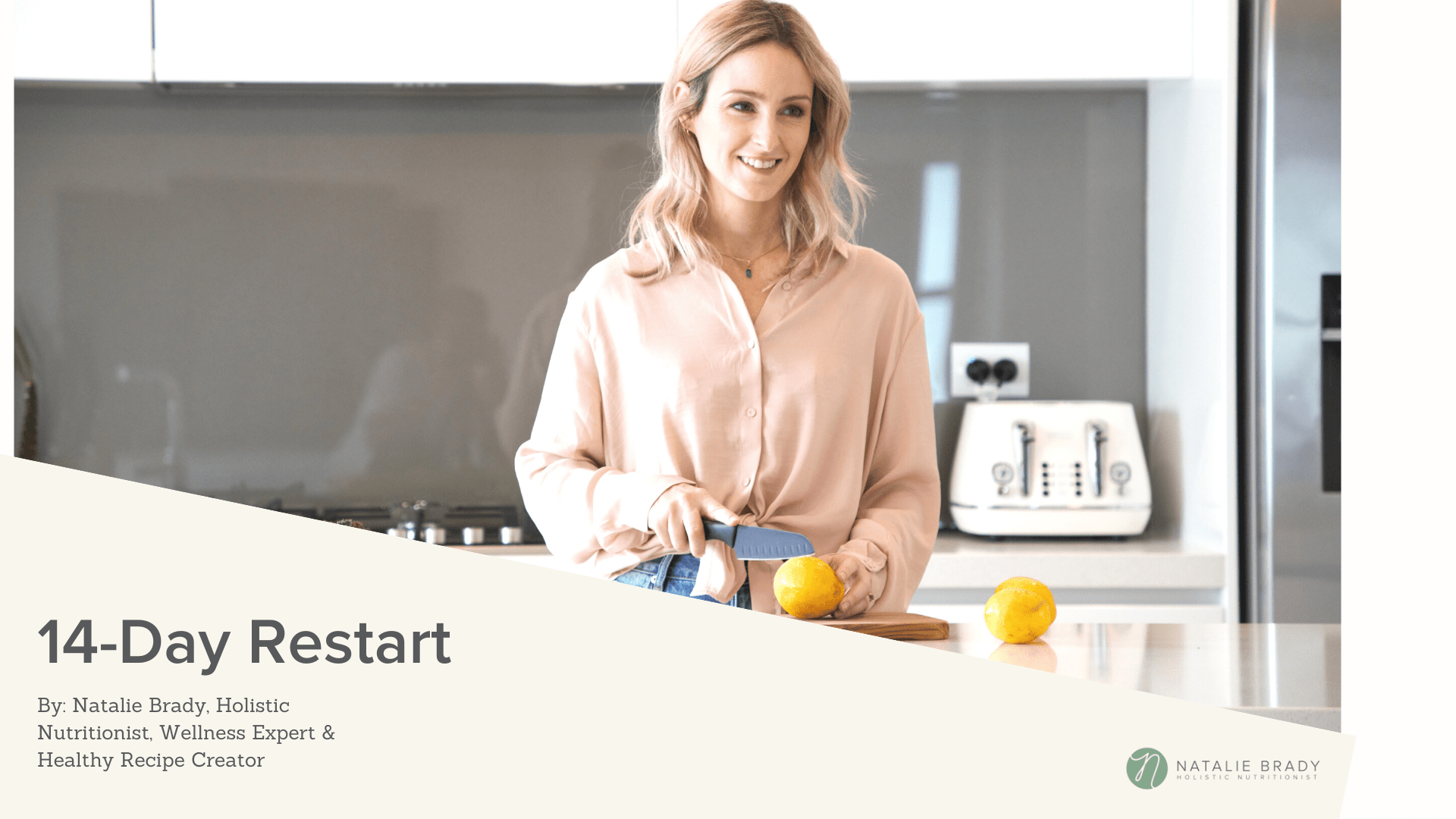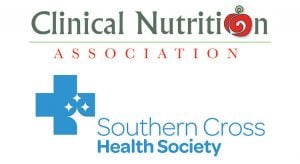Weight Loss, Shredding & Gains – How It Affects Digestive Health

Summer is officially here, which means bikini season is upon us. So many people right now are going one way or the other, wanting to lose weight, shred or build muscle, aka working on those gains but are suffering from digestive symptoms because of it.
Weight loss & Shredding
Eating less to lose weight or shred is NOT the answer. I’ve seen a lot of clients lately under-eating and over-exercising causing all sorts of issues. For females, this has a huge impact on our hormones. Under-eating and over-exercising may work out initially for a few weeks but often weight loss plateaus and health conditions arise (hello constipation, bloating, maybe a loss of periods, increased anxiety, weight gain). Why… our bodies stress response. Eating a low-calorie diet or restricting foods (in particular avoiding all carbs), lots of HIIT or working out twice a day every day and let’s not forget about stressors such as “busy” lifestyles. These all lead to an increase in cortisol, our fat storing hormone which signals our body that it’s in “perceived stress” (the fight-or-flight response). This impacts digestive function as all the energy that the body uses and needs to break down food moves away from our digestive organs into our arms and legs as our body thinks it needs to run from a saber tooth tiger “danger” to save our life. This can cause constipation, reflux, indigestion, bloating, fermentation of foods. Our nervous system needs fuel and calmness to function optimally to support hormonal health and digestive health. You can’t drive a car on empty and with no oil and expect it to function well.
You need to signal your body that it’s not in danger in order to shift weight and support digestive functions. You also need to consider eating specific foods which are easily digested and gentler on your body. Making sure you’re eating enough calories for your body composition is vital for this, and ensuring those calories come from nutrient-dense foods, good quality protein, healthy fats, lots of fresh vegetables, some fruit and whole-grain carbs, especially post workout. Another very important way to support digestive health and your nervous system is stop, slow down, be present and breathe diaphragmatically for 5 minutes, or have a bath, read a book, meditate, listen to guided meditation for 5-15 minutes, anything that is going to relax you for a few minutes each day to signal your nervous system that it’s not in “perceived danger”.
Bulking aka Gains
Yes, in order to bulk you need to eat a lot and have a high-calorie diet, but this doesn’t mean you have to eat 5-7 big meals a day, especially if you’re suffering from digestive issues. And if you’ve been doing this for a long period of time and still suffering the same issues then maybe it’s time to change. What I say to my clients… if you change nothing, nothing will change. Instead, consider spacing your meals out over the day, by having 4 large meals over the day with at LEAST 4 hours break in between each meal to allow your digestive system to have a break so your digestive enzymes and processes can work effectively. Constantly eating every 2-3 hours, putting food on top of food on top of food, puts a lot of stress on the digestive system and requires a lot of energy by the body to break down, and if you’re already stressed and “busy” this just adds fuel to the fire and impairs digestive function further. As I mentioned above, all the energy moves away from digestive organs to your arms and legs so there isn’t much energy left to break down and assimilate food properly. This is just one of the reasons why digestive function decreases when stressed, your body doesn’t have the enzymes or energy it needs to break food down optimally, resulting in more bloating, fermenting of foods causing excessive gas, reflux, indigestion, stomach cramps, constipation. To ensure you get enough calories in those 4 meals to bulk you need to look at calorie dense foods, in particular, high fat and high protein with lots of non-starchy veggies to ensure you’re getting enough fibre, and then depending on your goal moderate amount of carbs.
If this is something you struggle with I’d recommend seeking professional help from a natural health practitioner to gain further insight into what might be stopping you from reaching your health goals, and so you can get a personalized plan put in place.
Tomorrow night I’ll be running my final workshop for the year which is on gut health (Healthy Gut Guide Workshop), if you are interested in more in deep information on how to heal your digestive system and what I did to heal mine come along tomorrow night, there is only 1 spot left so get in contact with me asap if you’d like to reserve the spot.
Nat x x

Hi I’m Natalie, a Registered Clinical Nutritionist, health influencer, blog writer & recipe creator. My own health complications prompted me to make positive diet & lifestyle changes, revitalize my health leading to a career change from the corporate world to nutritional medicine. I believe in a wholefoods approach to good health, focusing on simple strategies for modern, busy people.
Let's connect @nataliebradynutrition
The information on this website is not intended to replace the advice of your GP, a one on one relationship with a qualified health care professional and is not intended as medical advice. It is not intended for self-diagnosis, treat, cure, or prevent any disease. I encourage you to make your own health care decisions based upon research and in partnership with a qualified healthcare professional. The entire content of this website is based on the opinions of Natalie Brady, a qualified Holistic Nutritionist, unless otherwise noted. Click here for term and conditions of services.
Copyright © Natalie Brady Nutrition 2022 | Natalie Brady Nutrition Listed in Auckland's Top Nutritionists | Website by Fuel Media



